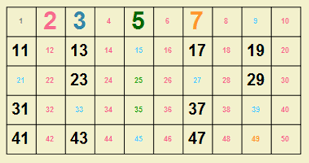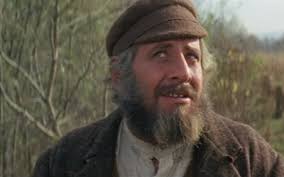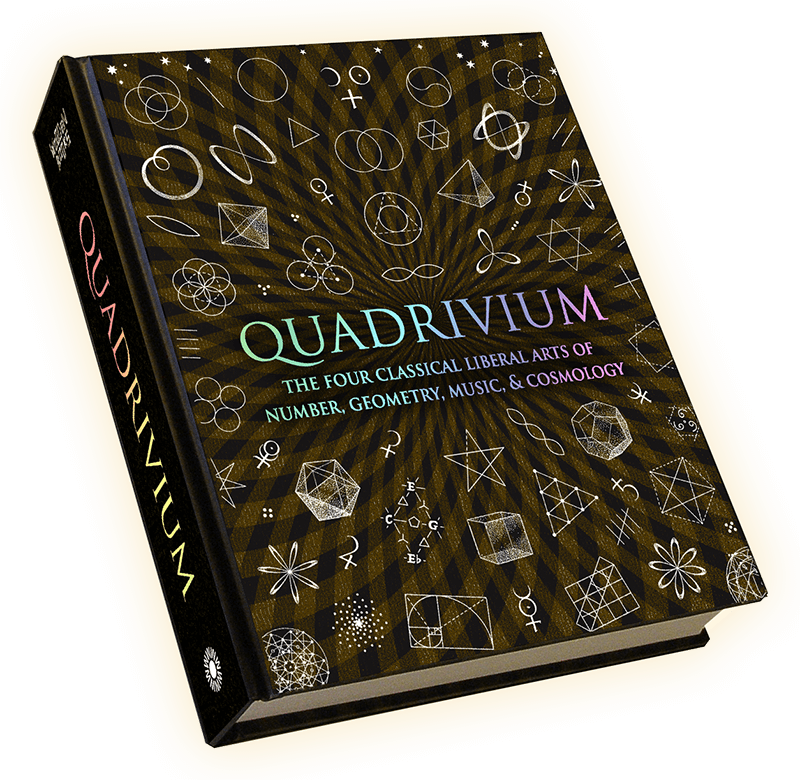“Why do we have to know this?” “How will this help us in life?” “Will this be on the test?”
All teachers endure these questions. All teachers hate these questions. Teachers have a variety of ineffectual responses–possibly because they are blinded by disgust and hatred. Some rejoinders are forceful: You must know this. Some are feckless: This information is just part of the curriculum. Some answers are empathetic: I didn’t want to learn this material when I was your age either. Some are snarky: I’m not certain if knowing how to change a fraction into a percent will help you in life but if you don’t know how to change a fraction into a percent, that information certainly can’t help you.
Neither teachers nor students benefit from these conversations.
But none of the above responses is truthful. If teachers were at liberty to articulate their true feelings, they would be emphatic: I love this stuff. I have devoted my life to this topic. A biology teacher might suggest, Evolution is the seminal idea of the 19th century; it changed how our species views itself and its place in nature. A social studies teacher might suggest, an educated populace knowing how our government functions is critical to our free society. A math teacher might point out, People have been deriving pleasure from the Sieve of Eratosthenes for 2260 years.

Independent of discipline, teachers would opine, I spent years living, breathing, studying this topic. I go to conferences to connect with colleagues about how to best teach this topic. I read about my topic over the summer. This topic is my life’s blood. Simply stated, I love this stuff.
Why do college professors frequently deride teaching undergraduates? Because they have to publish or perish? Sure. But also because no graduate student would ask, why do we have to know this? Graduate students also want to devote their lives to the pursuit of knowledge. Graduate students are committed to inquiry. Whereas a college sophomore could communicate, I’ll only learn this because I might be tested on it.
Nobody wants that. You might as well tell a new mother that her baby is ugly. Bad plan.
The bad plan articulated by the bad student goes back as least as far as Euclid who regarded geometry as a “purely intellectual pursuit.” (Bronowski, 1973, referenced in Caterbury Cathedral, 2010.) One of Euclid’s students is purported to have suggested: Like yo, Euclid, Dude. What is the practical use of this here theorem thingy? Euclid responded, You want to profit from your knowledge? Here is a penny.
Although this student’s transcript does not survive, it is my understanding that it is Euclid, not this unnamed student, about whom we are still chatting. A scant two millennia later, John Houseman portraying Professor Charles Kingsfield in The Paper Chase suggests to an unprepared student, Here is a dime; call your mother. Tell her you will never be an attorney. Woo! Here is a penny. Here is a dime. Inflation will do that. But the point remains.

Not everybody has to go to college. But if you do matriculate, you best have more than a passing interest in what goes on in College World. A bird could marry a fish but where would they live? Asks Tevye.

Which brings us to one of the Georgetown University essay questions: “What does it mean to you to be educated? How might Georgetown College help you achieve this aim? (For Undeclared & Applicants to the Science and Mathematics of the Faculty of Languages and Linguistics should address their chosen course of study.)”

I hear professors at Georgetown are understanding if you turn in a paper late because you were up late playing League of Legends after a few brewskis and the co-eds lack a certain moral fastidiousness but most importantly I can get good grades without paying too much attention to my classes because I can buy term papers online and get a degree in automotive mechanics.
Probably not the best answer. Nothing wrong with opera, for example. But opera aficionados might want to give some thought before marrying fans of monster truck rallies.
The original subjects—grammar, logic, rhetoric; arithmetic, geometry, music, and astronomy—still inform the university. Knowledge for its own sake is a thing. Honey! Wake up! We have to call our rhetorician! Words no one ever spoke. But don’t tell the universities. Those professorial types still feel connected to the trivium and the quadrivium.

I would not presume to suggest whether or not rhetoric will indeed help you in life. But a genuine predilection for the liberal arts will most certainly help you stay enrolled. I would also suggest that telling your professor that the subject to which she has devoted her life is not of interest to you is probably not the way to go. Dude.



One thought on “Will the be on the Test?”
During some of the years I was on the staff of a Christian school, I taught a for-credit Bible class. Imagine the fun if anyone dared ask, “Will this be on the test?”